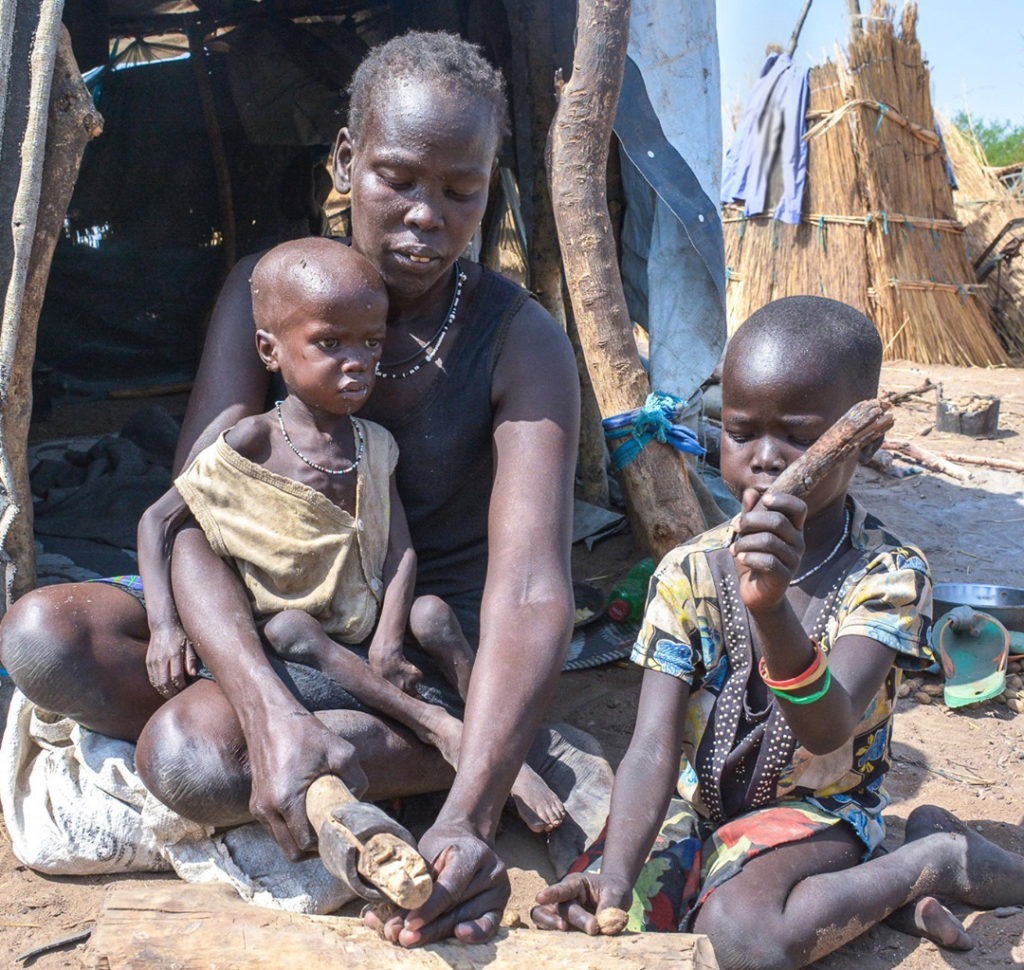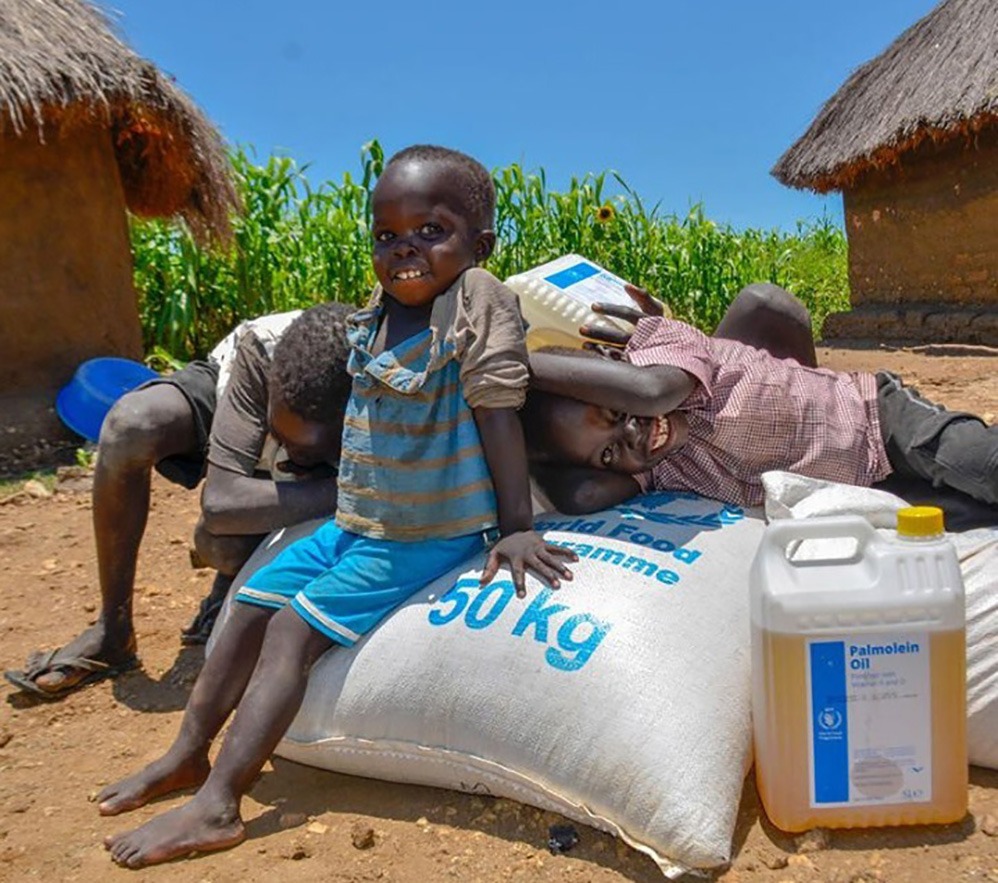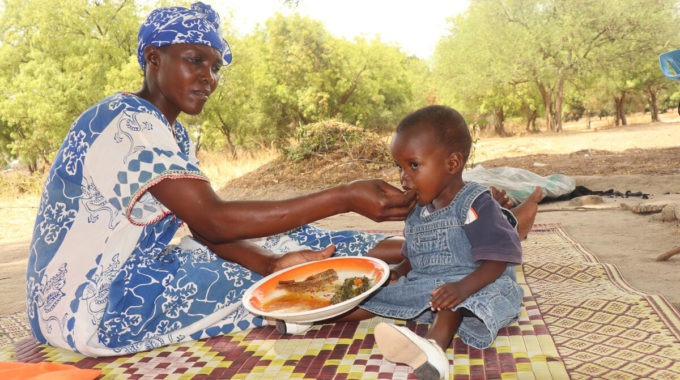Hunger report: 155 million at crisis level
The world is witnessing a horrifying hunger crisis not seen in recent memory, with the Food Security Information Network’s newly released Global Report on Food Crises warning that thousands of people could die without urgent action. One of the most respected studies on acute hunger, the latest hunger report stresses that unless urgent and bold humanitarian action is taken by G20 countries – including Australia – tens of thousands of people could die of hunger in the coming months alone.

Hunger report key findings
In 2020, acute hunger increased globally because of the triple threat of conflict, COVID-19 and climate change. The report found:
1. 155 million people experienced crisis levels of hunger or worse (level 3 or above on a scale where 5 is famine), an increase of 20 million from 2019, the highest in report history.
2. Africa was the continent most affected by hunger crises. It accounts for 63% of the global total number of people experiencing acute food insecurity.
3. Nine out of 10 of the worst food crises were in Africa and the Middle East. Most are in conflict hotspots such as Yemen, Afghanistan, Syria, Sudan, South Sudan and Ethiopia.
4. 28 million people across more than 30 countries were one step away from famine. Again, this is predominantly in conflict hotspots across Africa and the Middle East.

Time for action
Forecasts for 2021 paint a grim picture. The risk of full-blown famine is looming in some of the world’s conflict hotspots. Conflict forces people to leave their homes, land and jobs, thereby disrupting trade and agriculture and driving hunger. The economic repercussions of COVID-19, combined with ongoing conflict and displacement, will likely worsen acute hunger unless urgent humanitarian action is taken.
World Vision Australia has called on the Australian government to prioritise an immediate response to the unfolding hunger crisis in several African and Middle Eastern nations.

More help is needed
World Vision is also calling for the government to urgently adopt a $150 million famine prevention package to support relief efforts. This should be new money on top of 2020-21 aid expenditure. The funds would go towards providing emergency food assistance to people at risk of famine and treating and preventing childhood malnutrition, as well as building long-term community resilience to hunger.
“We urge Australia not to wait until it’s too late to respond to COVID-era famines,” says World Vision Australia’s senior policy advisor Carsten Bockemuehl. “Now is the time to help prevent significant death and extreme human suffering.”
You can donate to World Vision Australia at worldvision.com.au









